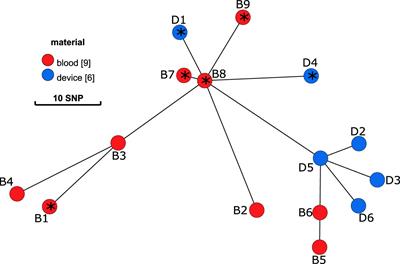EDITORIAL
Published on 17 May 2023
Editorial: “Omics”- revolution in elucidating the virulence and resistance in Staphylococcus aureus
doi 10.3389/fcimb.2023.1209671
- 1,560 views
4,938
Total downloads
18k
Total views and downloads
EDITORIAL
Published on 17 May 2023
ORIGINAL RESEARCH
Published on 03 Apr 2023
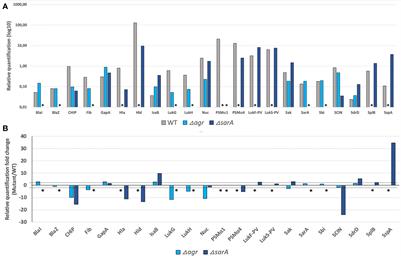
ORIGINAL RESEARCH
Published on 24 Jan 2023
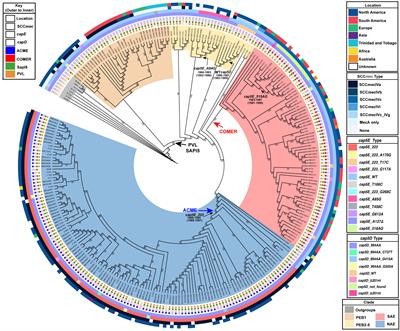
ORIGINAL RESEARCH
Published on 04 Aug 2022
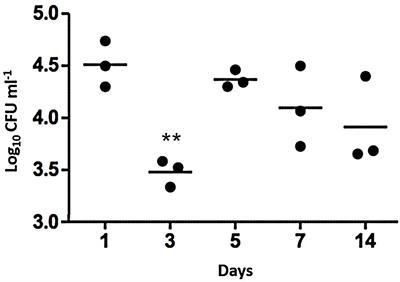
ORIGINAL RESEARCH
Published on 23 Feb 2022
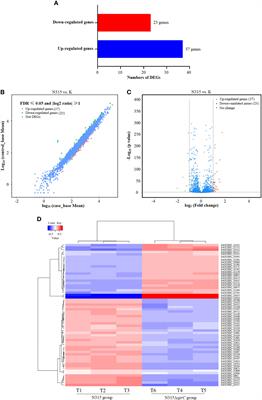
ORIGINAL RESEARCH
Published on 21 Feb 2022
